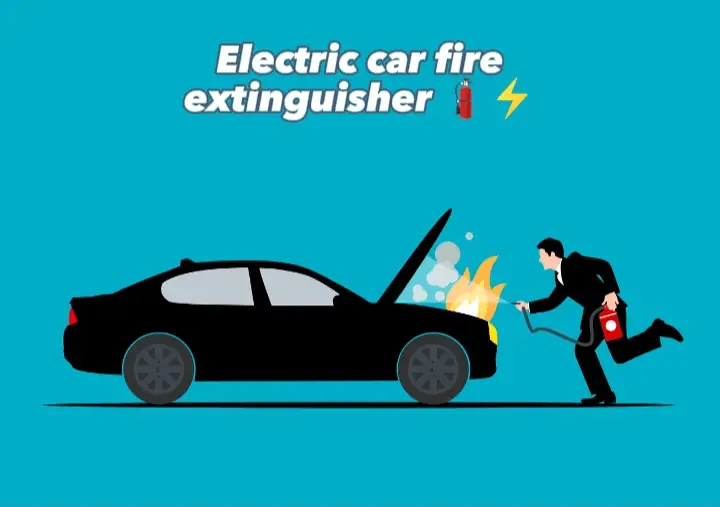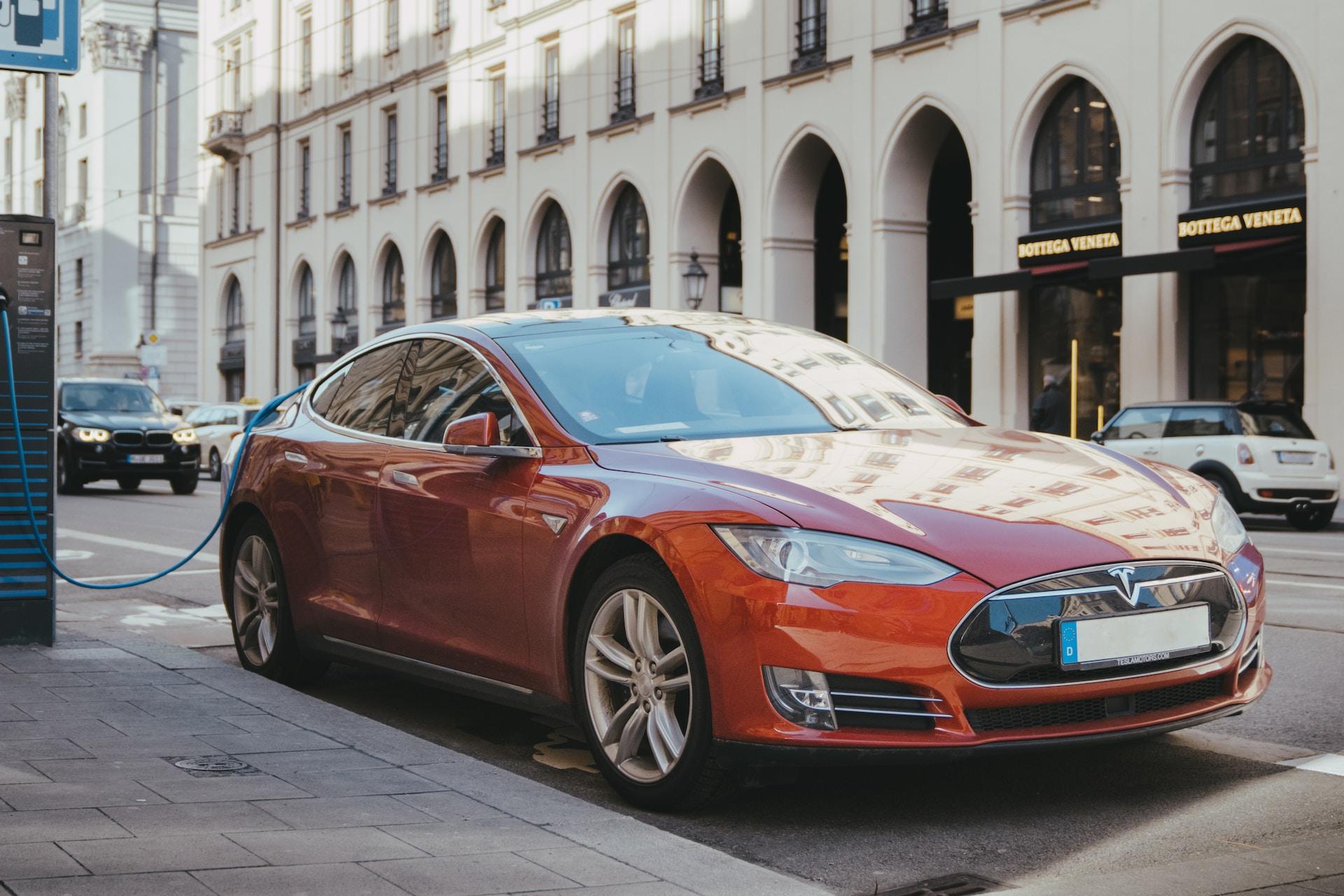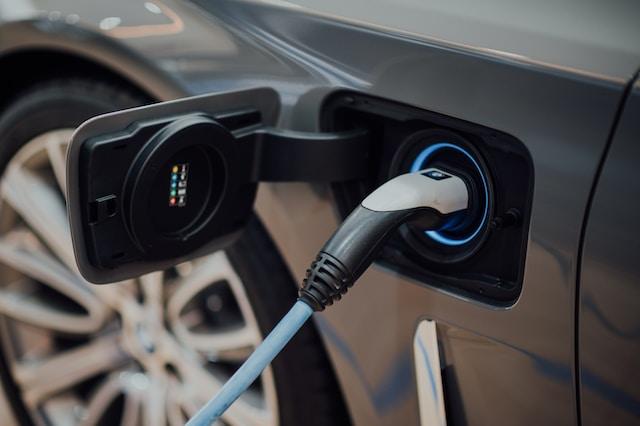Evolution Electric Vehicles: In the ever-evolving landscape of transportation, one innovation stands out. This groundbreaking technology has transformed the way we think about cars, sustainability, and the future of our planet. The history, technological developments, environmental advantages, and potential future of electric cars will all be explored in this extensive book. As we take you on an exciting voyage, buckle up.
Contents
Evolution Electric Vehicles: A Revolution on Wheels
Since their debut, electric vehicles (EVs) have advanced significantly. Once considered a niche market, they are now a driving force in the automotive industry. Let’s explore how the evolution of electric vehicles has shaped the modern transportation landscape.
The Early Days of EVs
Since more than a century ago, there have been electric cars. Thomas Edison and Robert Anderson were two innovators who tested electric automobiles in the late 19th century. However, these early models were limited by their short range and lack of infrastructure to support them.
The Resurgence of EVs
A renaissance in electric cars occurred in the twenty-first century. With advancements in battery technology, the likes of Tesla, Nissan, and Chevrolet brought electric cars to the mainstream market. A revolution that is still gaining ground was triggered by this revival.
Technological Advancements
The advancement of electric automobiles has been largely fueled by technological advancements. Consumers now find EVs to be more useful and enticing because of lithium-ion batteries, regenerative braking technology, and enhanced charging infrastructure
Environmental Benefits
It is impossible to overestimate the environmental advantages of electric automobiles. Air pollution and greenhouse gas emissions are decreased by EVs since they have no tailpipe emissions. EVs are essential for reducing climate change as we work to make the world more environmentally friendly.
The Future of EVs
Electric cars are more promising than ever. To boost battery efficiency and range, automakers are substantially funding research and development. Furthermore, the development of autonomous driving technology threatens to completely alter how we commute.
Evolution Electric Vehicles in Action
Let’s examine a few real-world situations where electric cars have an influence in order to fully comprehend their significance.
Urban Mobility
EVs are a physical and metaphorical breath of fresh air in crowded metropolitan environments. Cities all across the world are becoming quieter and have better air quality thanks to electric buses and taxis.
Sustainable Travel
EVs are not limited to short commutes. In order to promote sustainable travel without sacrificing convenience, long-range electric vehicles are growing in popularity.
Corporate Fleets
Many forward-thinking companies are embracing electric vehicles in their corporate fleets. Not only does this reduce their carbon footprint, but it also sets a positive example for employees and customers alike.
Conclusion
The evolution of electric vehicles has reshaped the automotive industry, offering us a cleaner, more sustainable future. From their humble beginnings to the current technological marvels, EVs have come a long way. Evolution electric cars are ready to guide us towards a greener, more electrified future as long as we keep innovating and embracing this revolutionary technology.
Read Now: Illinois Electric Vehicle and Bintelli Electric Vehicles
FAQs
- Compared to conventional automobiles, are electric vehicles more expensive?
Due to their more expensive upfront costs, electric cars often feature more expensive battery technology. On the other hand, they frequently have reduced running expenses and can help you save money over time. - How long does it take an electric car to charge?
The size of the vehicle’s battery and the charger’s speed both affect how quickly batteries charge. Standard home chargers may take several hours to fully recharge whereas fast chargers may do it in as little as 30 minutes. - What is the range of an average electric vehicle?
The range of electric vehicles varies widely. Entry-level models may have a range of around 100 miles, while premium models can surpass 300 miles on a single charge. - Are there enough charging stations for electric vehicles?
Particularly in metropolitan locations, the infrastructure for charging is constantly being improved. However, availability may still vary by region. Utilize applications to find charging stations as you plan your excursions. - Do electric cars require less maintenance?
Yes, compared to conventional automobiles, electric vehicles often have fewer moving components, which means less maintenance is needed. Due to regenerative braking, you won’t require oil changes and brake pads could last longer. - Are electric vehicles truly environmentally friendly?
While electric vehicles produce no tailpipe emissions, their environmental impact depends on the source of electricity used for charging. In regions with a high percentage of renewable energy, EVs are exceptionally eco-friendly.
Read Now: Stylish Electric Vehicle and Electric Vehicles for Towing




